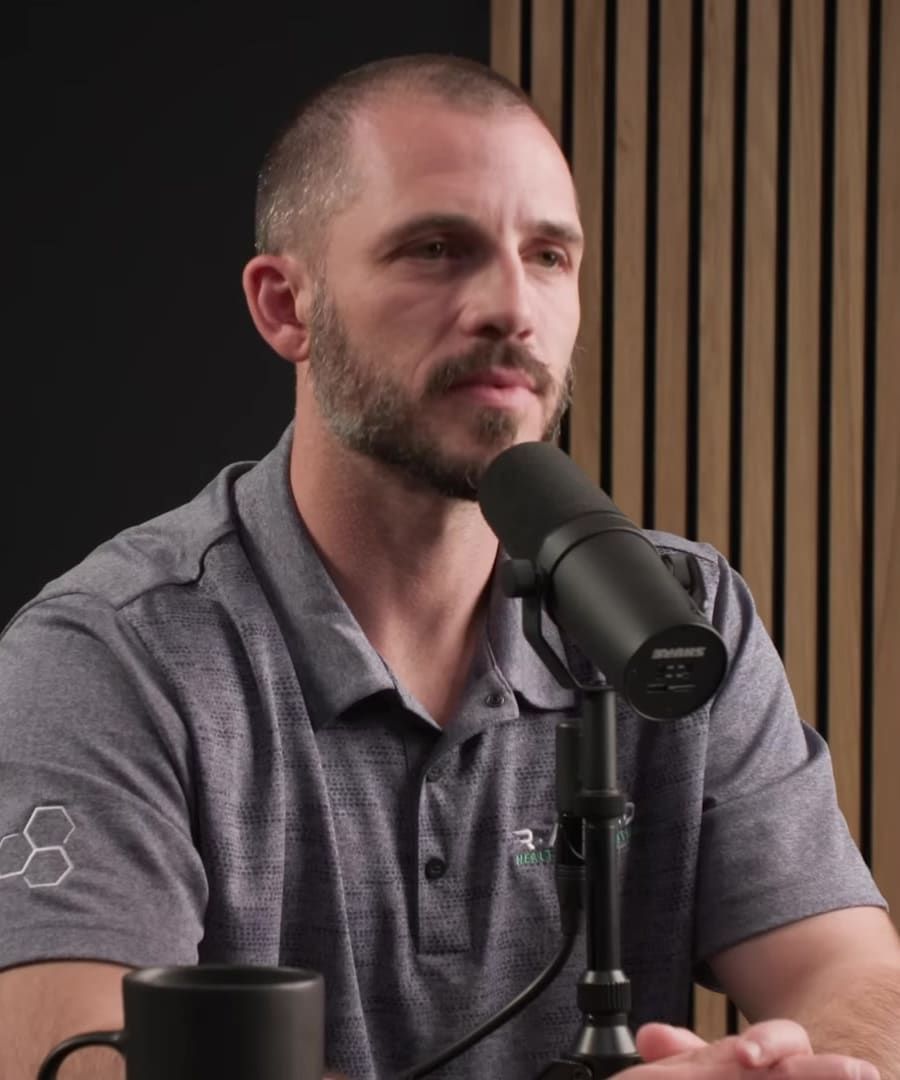tips for a good sleep
Sources:
For better sleep, consider these tips from the experts on the :
Essential Sleep Tips:
-
Maintain Regular Sleep Patterns:
- Consistency in sleep and wake times is crucial. Your body thrives on regularity 1.
-
Temperature Control:
- Keep your sleeping environment cool. Around 67°F (18.5°C) is optimal. Wearing socks or using a hot water bottle can help with comfort 2.
-
Avoid Screens Before Bed:
- Blue light from screens can disrupt your circadian rhythm. Reduce screen time at least two hours before bed 3.
-
Wind Down Routine:
- Gradually lower your activity levels before bed. Engage in relaxing activities such as light stretching, reading, or meditating 4.
-
Caffeine and Alcohol:
- Limit caffeine intake, stopping at least ten hours before bedtime. Be mindful of alcohol as it can also disrupt sleep 2.
-
Avoid Staying Awake in Bed:
- If you can’t fall asleep within 20-25 minutes, get out of bed and do a relaxing activity in another room until you feel sleepy 2.
-
Elevate for Acid Reflux:
- If you suffer from acid reflux, elevate the head of your bed by about six inches to help alleviate symptoms and improve sleep quality 5.
Unconventional Tips:
-
Cognitive Behavioral Therapy (CBT):
- CBT can improve sleep hygiene and tackle insomnia more effectively than medication. It focuses on stress management and sleep environment optimization 3.
-
Meditation:
- Engaging in a 10-minute meditation before bed helps calm the mind and reduce nighttime rumination, promoting better sleep 6.
Following these guidelines can significantly enhance your sleep quality, contributing to better overall health and well-being.
RELATED QUESTIONS-
Why do I breathe through my mouth while sleeping at night?
Sources:
Breathing through your mouth while sleeping is often linked to issues like sleep apnea, nasal congestion, or poor breathing habits. Here are key insights on why this happens and how to address it:
Reasons for Mouth Breathing:
-
Sleep Apnea:
- Sleep apnea is a condition where breathing repeatedly stops and starts during sleep. It's linked to being overweight but can affect those with normal weight too. Mouth breathing and snoring are common indicators. This condition severely impacts cardiovascular health, cognitive function, and sexual health 1 2.
-
Nasal Congestion:
- Nasal congestion from allergies, colds, or structural issues (like a deviated septum) can force you to breathe through your mouth.
-
Poor Breathing Habits:
- If you're accustomed to mouth breathing during the day, it can carry over into your sleep. Improving nasal breathing during waking hours will help reinforce healthier breathing patterns at night 3.
Solutions:
-
Medical Tape:
-
Practice Nasal Breathing:
-
Environmental Adjustments:
- Ensure your sleeping environment supports nasal breathing by keeping the air humidified and allergen-free. Dry air or allergens can exacerbate nasal congestion, making mouth breathing more likely 5.
-
Address Underlying Health Issues:
- Seek medical advice for persistent issues such as allergies, nasal obstructions, or severe sleep apnea. Professional treatments might include CPAP machines or potential surgical interventions for structural problems 2.
Adopting these practices can improve not only your nighttime breathing but also your overall sleep quality and health.
RELATED QUESTIONS-
what is medical tape?
Sources:
Medical tape is a specialized tape used to secure dressings or devices to the body for medical purposes. It is typically designed to adhere well to the skin while being gentle enough to minimize irritation and discomfort during removal.
Uses and Benefits:
-
Securing Mouth for Nasal Breathing:
- Medical tape can help train individuals to breathe through their nose while sleeping by gently keeping the mouth closed. This practice can be particularly beneficial for reducing snoring and mild sleep apnea 1.
-
General Medical Applications:
- It's also widely used in healthcare settings to secure bandages, dressings, and medical devices, ensuring they stay in place and protect wounds or support healing processes.
Characteristics:
-
Adhesive Properties:
- Designed with adhesives that are strong enough to keep the tape in place, yet gentle enough to be removed without causing skin damage.
-
Breathability:
- Many types of medical tape are made to be breathable to prevent skin maceration and allow for some air flow.
-
Hypoallergenic:
- Often, medical tapes are hypoallergenic to minimize the risk of allergic reactions, especially important for individuals with sensitive skin.
Utilizing medical tape for managing mouth breathing is a simple yet effective strategy recommended by experts like on the .
RELATED QUESTIONS-
I have some sort of Eczema at the top part of my moustache near the nose opening and around the nose opening. It is painful and scally and itching for about a week now. I never have had this condition before. What first aid can I do at home?
It appears there isn't a specific discussion on eczema around the nose and mustache on the . However, here are some general first-aid tips for managing eczema that might help you:
General Tips for Managing Eczema:
-
Moisturize Frequently:
- Use a thick, unscented moisturizer to keep the affected area hydrated. This can help reduce dryness and scaling.
-
Avoid Irritants:
- Identify and avoid potential irritants like certain soaps, cosmetics, or skincare products that might be triggering or worsening your condition.
-
Cool Compresses:
- Applying a cool, damp cloth to the affected area might help soothe itching and reduce inflammation.
-
Topical Treatments:
- Over-the-counter hydrocortisone cream or ointments designed for eczema can help reduce inflammation and itching. Always follow the directions and avoid overusing topical steroids.
-
Gentle Cleansing:
- Cleanse the area with a mild, fragrance-free cleanser. Avoid scrubbing, which can exacerbate the irritation.
-
Humidify Your Environment:
- Using a humidifier can add moisture to the air, which helps in keeping your skin hydrated, especially in dry climates or during winter.
When to Seek Medical Advice:
- If the condition persists or worsens, it's best to consult a healthcare provider. They might prescribe stronger topical treatments or medications to manage your symptoms effectively.
It's important to address eczema promptly to reduce discomfort and avoid possible secondary infections.
RELATED QUESTIONS-
tips for a good sleep
- RELATED QUESTIONS
Why do I breathe through my mouth while sleeping at night?
- RELATED QUESTIONS
what is medical tape?
- RELATED QUESTIONS
I have some sort of Eczema at the top part of my moustache near the nose opening and around the nose opening. It is painful and scally and itching for about a week now. I never have had this condition before. What first aid can I do at home?
- RELATED QUESTIONS











